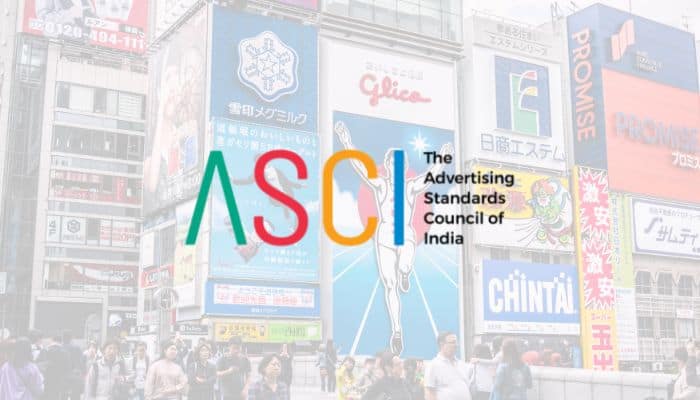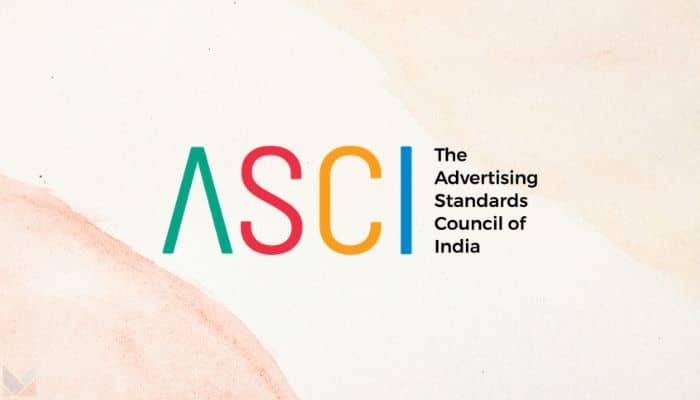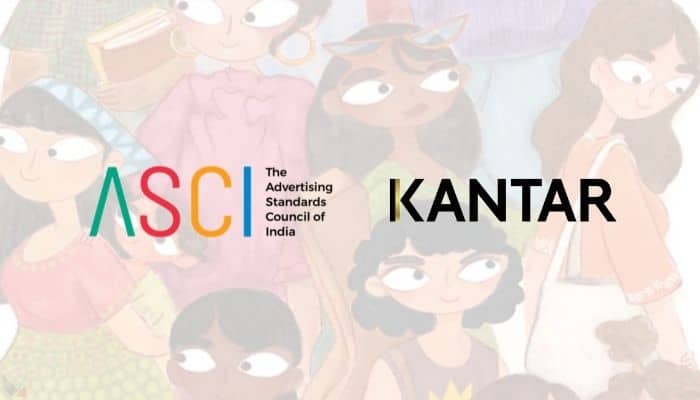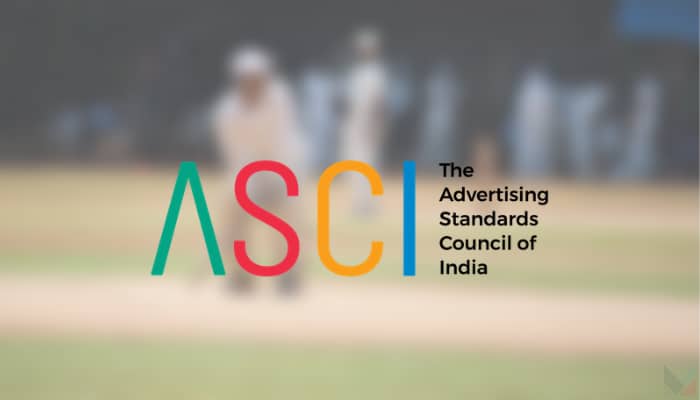Mumbai, India – The Advertising Standards Council of India (ASCI) has released its half-year report on complaints on the local Indian advertising scene, and has noted that healthcare emerged as the most violative sector, constituting 21% of all processed ads, followed by classical education and personal care at 18% each.
The report shows a 34% increase in complaints (4491) processed, coupled with a corresponding 27% rise in the number of ads processed (3501).
Moreover, Out of 3,501 ads processed, 564 (16%) were flagged as potential direct violations of the law, which represents a 22% increase over the previous year. 35% of the total ads processed were not contested and were promptly withdrawn or modified.
A further 47% of ads were found violative of the ASCI Code and the advertisements were recommended to be withdrawn or modified. Only 2% of complaints were dismissed.
Meanwhile, of the 3,501 complaints processed, digital media remained the primary source of violations at 79%. Print media and television contributed 17% and 3%, respectively, while other mediums accounted for 2% of the reported violations.
Lastly, consumer complaints comprised 21.3% of the total complaints, indicating significant public engagement in upholding advertising standards. 75.4% of complaints were initiated suomotu by ASCI.
It is also worth noting that in the digital advertising sphere, influencers contributed to 22% of total ads complained against at ASCI. 99.4% of advertisements processed for influencer guidelines were found to be in violation. ASCI received compliance with its recommendations in 92% of influencer cases taken up v/s 86% in previous years, signalling greater compliance with ASCI’s CCC recommendations.
Manisha Kapoor, CEO and secretary-general at ASCI said, “ASCI remains committed to addressing the challenges posed by digital advertising. All stakeholders need to come together to tackle the issue of online safety of consumers given that they spend high amounts of time there, and where there is a proliferation of objectionable advertising.”
She added, “Our constant vigilance of the online space helps call out the advertisements and brands that violate the ASCI code requiring ads to be truthful, decent and safe. We hope that the various sectors recognise the breaches and commit to more responsible advertising.”










